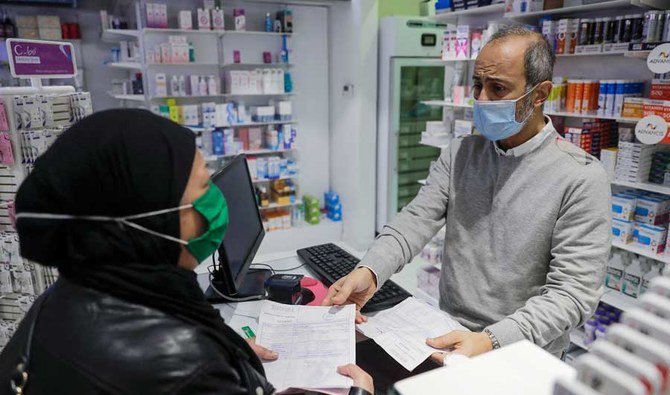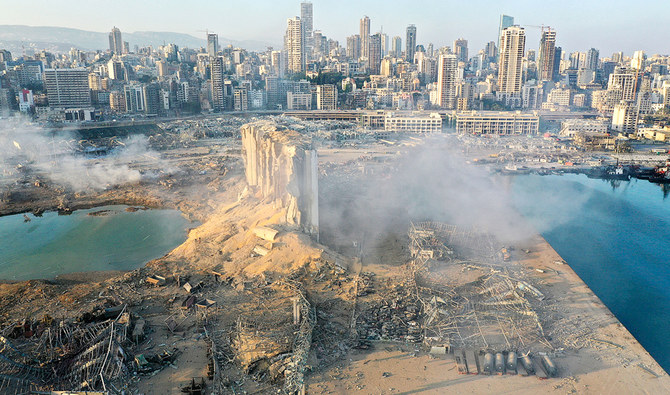
by middle-east-online.com — NIHA – In a village in Lebanon’s scenic Chouf Mountains, 69-year-old Chafik Mershad pulls out a massive rectangular guestbook and reads out despairingly the date when he hosted his last visitor: November 16, 2019. A month earlier, anti-government protests had exploded across the country over taxes and a deteriorating currency crisis. Amid such uncertainty, few people visited his guesthouse. Then came the coronavirus and subsequent government-imposed lockdowns. The guesthouse officially closed its doors in February 2020. A year and a half later, he still has no plans to reopen amid the country’s current financial meltdown. “Corona really affected us, but the biggest thing was the currency crisis,” Mershad said, speaking at his home above the guesthouse. “We used to offer meals for guests with Nescafe, tea, whatever they wanted for a cheap price. Now, one hamburger patty costs that much.”
The dual shocks of the pandemic and a devastating financial crisis have gutted the hospitality sector of this Mediterranean nation, known for its beaches, mountain resorts and good food. Hundreds of businesses, including guesthouses like the Mershad Guesthouse, have been forced to close. But as pandemic restrictions are being eased, the businesses that survived hope the dollars spent by visiting Lebanese expats and an increase in domestic tourism can get the wheels of the economy moving again. Currently, most hotel reservations are from Lebanese expats and some foreigners from neighboring Iraq, Egypt and Jordan. Airport arrivals are picking up: Every day for the past several weeks, the Beirut Airport has had four flights coming from Iraq, with more than 700 passengers in total, according to Jean Abboud, president of the Travel and Tourist Agents Union. Chaotic scenes have been reported at the arrivals lounge as people crowd for the obligatory PCR test.








